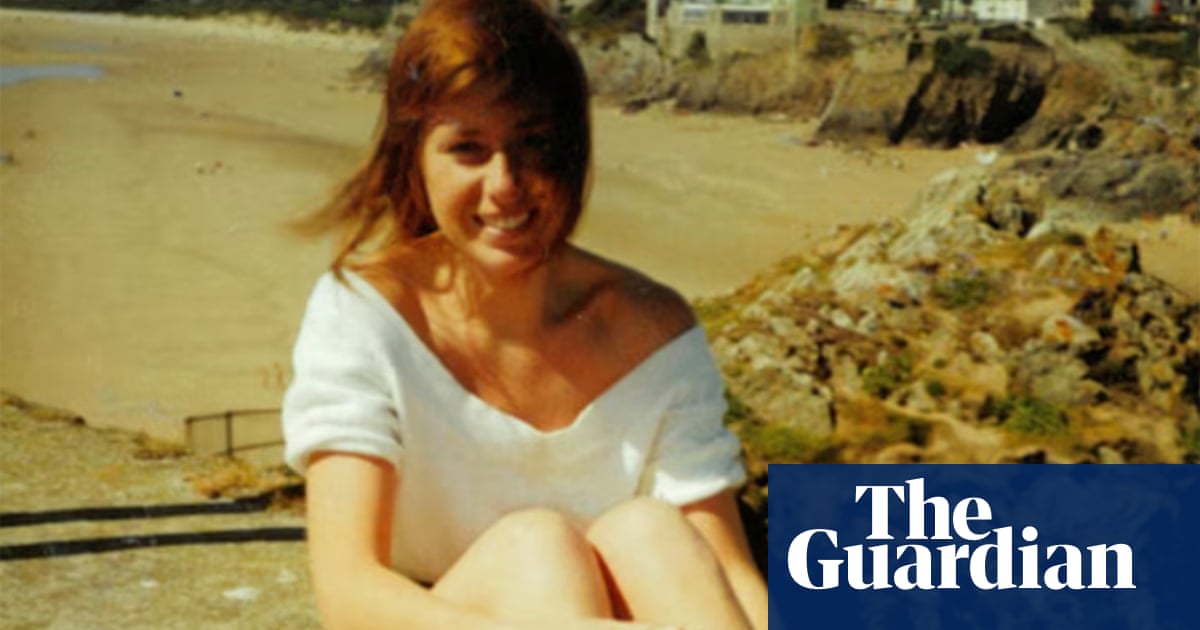A coroner has expressed wide-ranging concerns about how the NHS cares for women during menopause after the death of a 54-year-old teacher who killed herself after a decline in her mental health.
Jacqueline Anne Potter took her own life during overnight leave from an acute psychiatric unit inSomersetwhere she was being looked after because of mental health issues exacerbated by menopause.
Ina prevention of future deaths report, senior coroner Samantha Marsh said she was concerned about the “lack of importance” given to menopausal care available on the NHS.
She said: “Women who are not fortunate enough to be able to access private clinics and facilities may not be able to access the services and expertise they need at a very crucial transitional phase in their lives.Menopauseis not a lifestyle choice, it is an unavoidable part of a woman’s natural biological cycle.”
Potter, known to her family as Anne, presented to her GP in 2008 with anxiety. But it wasn’t until January 2021, by which time she was “emotionally fragile, anxious and stressed”, that menopause or perimenopause was mentioned.
The coroner said: “Given her presentation it would appear that her underlying anxiety had been slowly building; possibly since 2008 but much more so since 2017.”
She started HRT but in September 2022 declined again and the following month agreed to a voluntary admission to an acute psychiatric unit after she was found wandering in traffic. She was detained there under the MentalHealthAct.
Potter had a devoted and supportive husband and family and she was given periods of home leave. It was during one of these periods, on 5 December 2022, that she killed herself.
Last month an inquest jury concluded that Potter’s death was suicide and said menopause “contributed to her mental health decline and exacerbated her underlying anxiety”. The jury also said that her family “did not receive appropriate information to assist them in keeping Anne safe for an overnight stay”.
In her report, which has been sent to the trust and a range of national bodies including NHSEngland, the coroner said: “I was surprised to learn that menopausal training is not mandatory in any area of clinical practice or specialism.
“I am concerned that there is no requirement to undertake essential compulsory menopausal training for those working in relevant clinical practices.”
She said she was told that the Somerset NHS foundation trust had just one “menopause specialist”, a GP, who covered the entire trust’s operations. The coroner said: “Menopause is a condition; it does have symptoms and it does have recognised presentations, yet there appears to be a failure to recognise this condition as having equal importance to other ailments or diagnoses.
“If someone has concerns about heart disease, a worrying lump, a broken bone etc they expect to be able to consult a medically qualified professional who has a knowledge and understanding of their condition or presentation and can diagnose and treat accordingly; not just [and I paraphrase]: ‘Have a look at a website to help.’
“I appreciate that each and every woman will experience perimenopause and menopause differently … and this, to some degree, creates difficulties, as a ‘one size fits all’ approach … cannot be offered, but the lack of recognition of the importance of this condition remains a significant concern.”
In the UK and Ireland, Samaritans can be contacted on freephone 116 123, or email jo@samaritans.org or jo@samaritans.ie. In the US, you can call or text the National Suicide Prevention Lifeline on 988, chat on 988lifeline.org, or text HOME to 741741 to connect with a crisis counselor. In Australia, the crisis support service Lifeline is 13 11 14. Other international helplines can be found at befrienders.org
